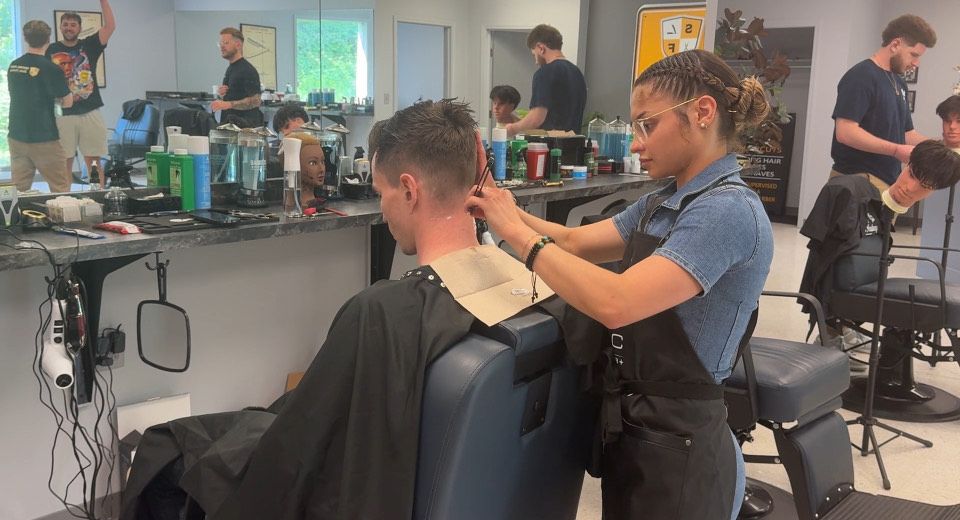Alcohol use concerns have risen after a Lifetime docuseries on Wendy Williams came out linking her dementia diagnosis with her heavy use of alcohol.
According to Julia Martinez, chair of the Psychological and Brain Sciences Department at Colgate University, it is possible to have neurocognitive issues after consuming a large amount of alcohol over a brief period.
“A lot of times people would argue that a hangover the next day, the memory trouble connected with a hangover the next day or even blackout drinking is kind of a sign of neurocognitive alcohol-induced neurocognitive problems,” Martinez said.
Where it may get tricky is when we blame long-term neurocognitive issues, such as a type of dementia, on alcohol. Martinez points out that other behaviors can contribute to this.
“It’s not often that it’s just the alcohol being consumed,” said Martinez. “It can be the alcohol consumed with a number of other different drugs; cigarettes; poor dietary issues as well.”
Drinking can be problematic if a person is malnourished. In some cases, Martinez said, it may even contribute to memory impairment or even play a role in a neurological disorder.
“It is called Wernicke-Korsakoff syndrome. And so, this is the alcohol related version of neurocognitive disorder or dementia,” she continued. “What it is, it is a chronic long-term alcohol use, usually at a heavy dose. And the symptoms are memory loss, unsteady gait, confusion, some language difficulties.”
The mainstream thinking of this disorder is that chronic large-dose alcohol consumption may lead to the malabsorption of certain vitamins, preventing people from getting the B vitamins, like B1, that they need.
“When a person stops taking in these huge doses of alcohol, they’re going to start seeing some of the effects,” said Martinez. “Now, I don’t want to go so far as to say that’s a cure, that people, older adults and late-stage kind of chronic drinking a good portion of their life aren’t going to have some memory loss to wrestle with the rest of their lives.”










